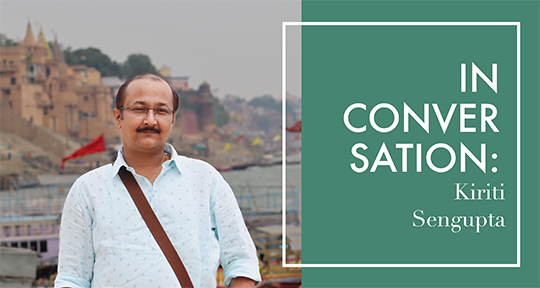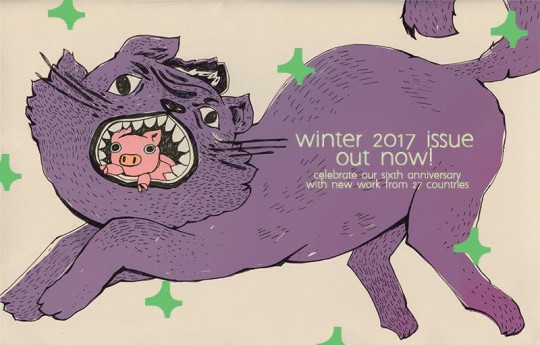When I first met Kiriti Sengupta in 2015, I was unaware of his literary efforts. He contacted me on social media as a publisher in the United States, after which I had the honor of naming a few of his books while he inspired two of my most notable poetry collections, including Salt and Sorrow. Our friendship led me to learn more about the history, culture, and literary traditions of India, a country for which I have a special fondness.
Sengupta’s literary corpus include writing, editing, translating, and publishing writers across the globe to bridge the communities. He was awarded the 2018 Rabindranath Tagore Literary Prize and the inaugural Nilim Kumar National Honour (2024). I have since read all of his books and published him twice with Reflections on Salvation (2016) and Oneness (2024) under the imprint Transcendent Zero Press. He is a paradoxical man of letters, and his efforts sustain a bridge between the United States and India through literature. His poetry is fresh and cryptic, sometimes leaving the reader frustrated for meaning, but it is also ripe with cultural references and idioms that astound me. Finding his work intriguing, I sat down for a thoughtful conversation to better understand this literary figure.
Dustin Pickering (DP): Kiriti, you have authored numerous poetry collections and are established as a translator. Your translation of Bibhas Roy Chowdhury’s Poem Continuous has received exceptional praise worldwide. You are also a publisher with Hawakal in India (New Delhi and Kolkata). Surely, these roles must clash at times! I am curious about why you believed you should translate Chowdhury in particular.
Kiriti Sengupta (KS): My roles clash all the time, Dustin. And they create a clamor when they jostle with each other. (Laugh) So, when I write, I indite my own thoughts. When I translate, I slip into another’s shoes. When I work as a publisher, I think of the readers who would buy the product and whether it would be worth their funds. Money is precious. All these roles influence my psyche in multiple ways, and the Kiriti Sengupta you are talking with will invariably lead to all these attributes rolled into one. So, when someone calls me multi-faceted, I flash a broad smile, thinking I have no choice but to surrender helplessly to my creative instincts to sport several hats.



